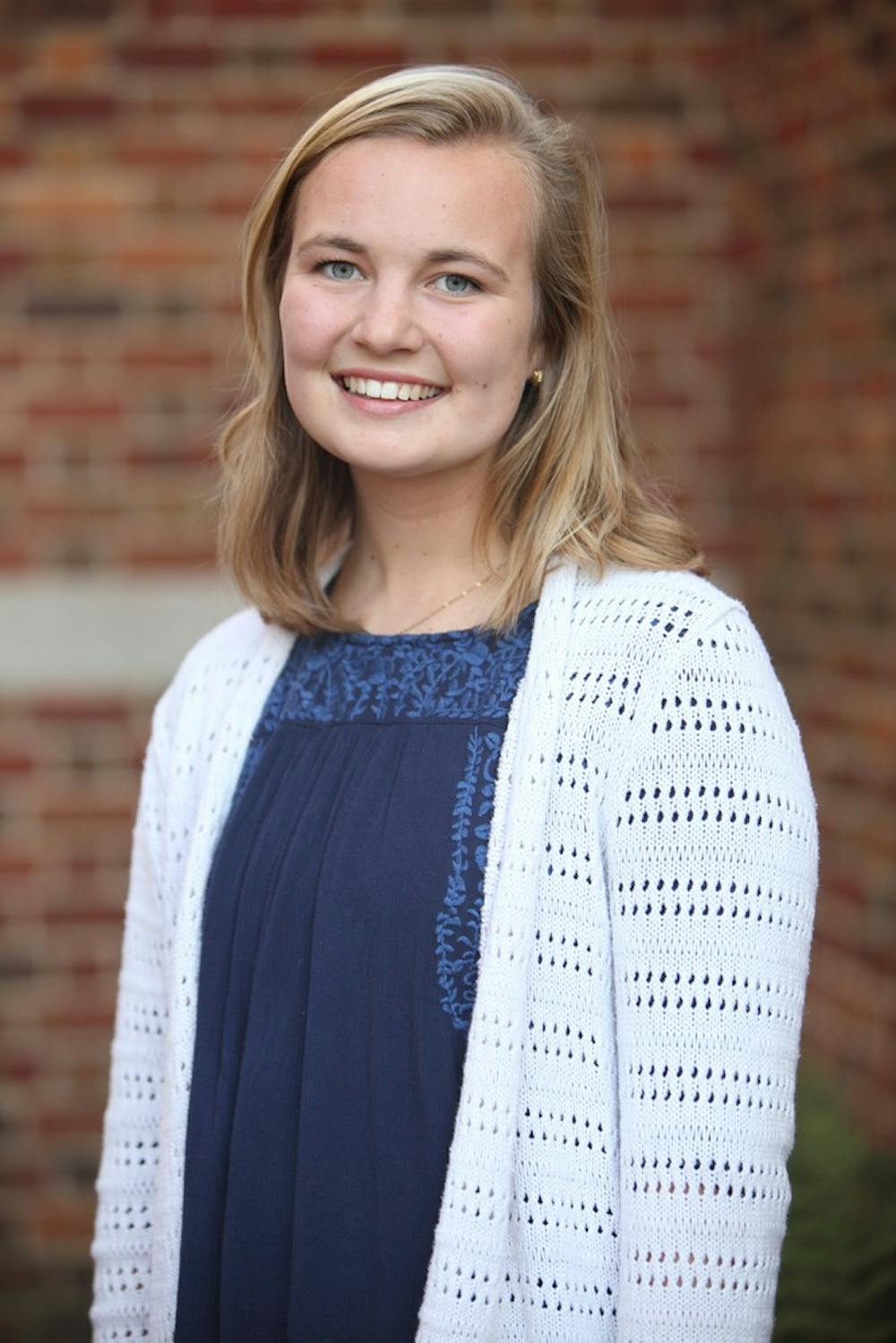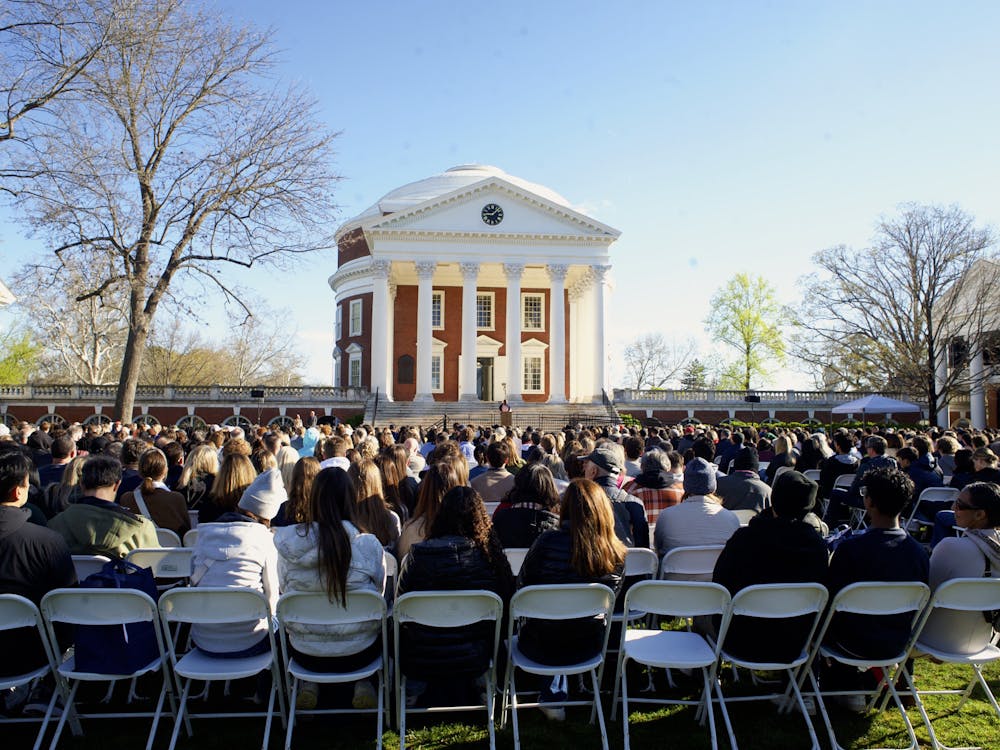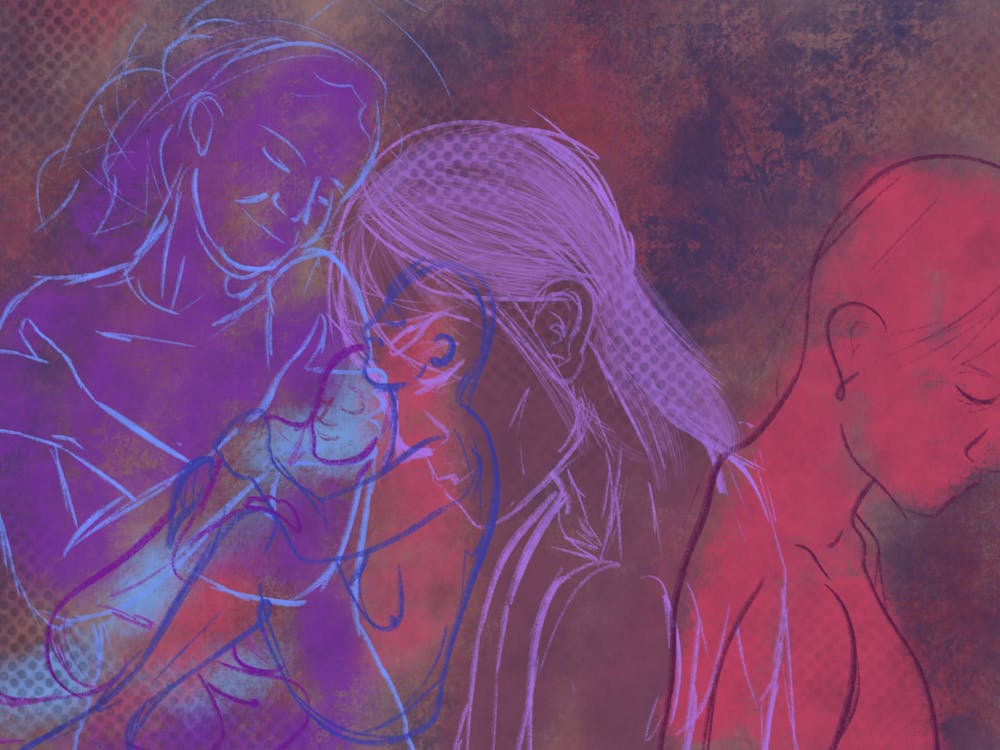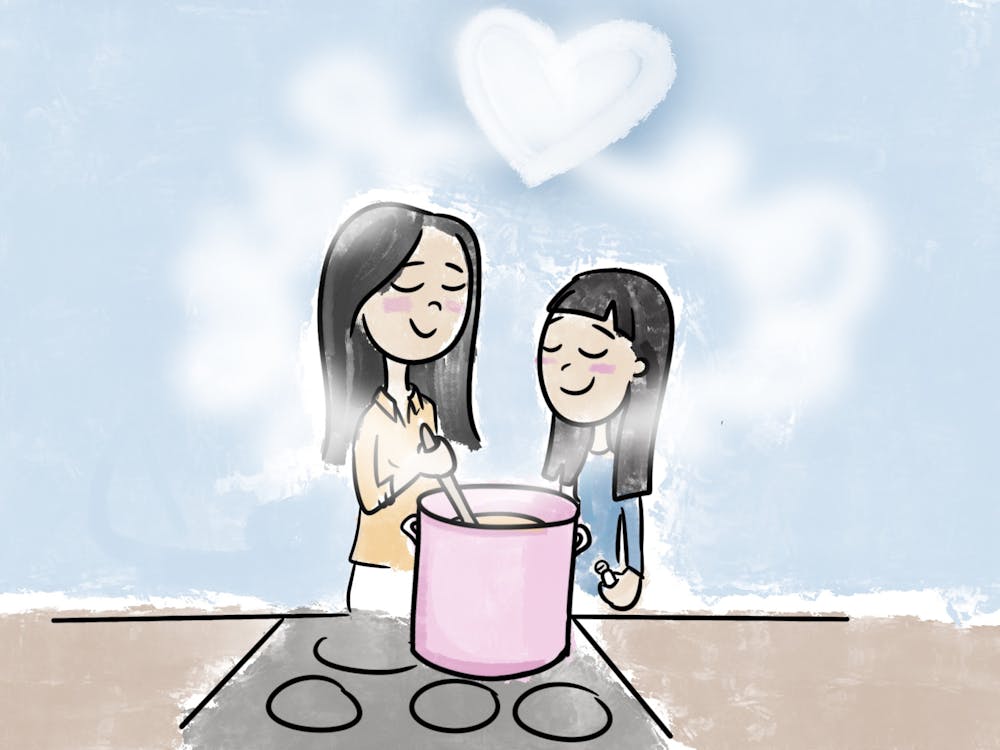This past Friday, after a long week of assignments crammed into a rigid schedule, my roommates and I decided it was time to let loose. So clearly, we drove to Anthropologie to indulge ourselves in smelling candles the size of our heads and applying lotions and perfumes at liberty from petit glass bottles and floral tubes labeled “tester.”
While absent mindedly roaming throughout the rooms, my hand passing over fabrics that grabbed my eye, I saw an old copy of the Darling Magazine published last summer alone on a shelf and picked it up to flip through the colorful print. I was stopped in my tracks when I turned the copy over and read the back cover:
“Darling is the art of being a woman. Darling Magazine holds the modern mold of woman up to the fire to evoke a discussion on femininity and re-shape an authentic design. Darling is a catalyst for positive change; leading women to discover beauty apart from vanity, influence apart from manipulation, style apart from materialism, sweetness apart from passivity, and womanhood without degradation … Darling says women are not only interesting, but original, not only good enough, but exceptional — not just here, but here for a purpose.”
And just like that, though my books were safe at home and my lecture halls locked on Grounds, my mind was sent reeling. What bold, valiant claims about women — about people. Darling Magazine’s mission statement is startling; it is not an all-accepting, neutral language justification of femininity, or humanity, as it’s commonly or popularly practiced today. What I stumbled upon was a counter-cultural celebration of a people at their core without overarching, blind approval of all actions and expressions of our modern times.
I can only imagine that reactions to such a statement have been mixed within the years of Darling’s publication — that our reactions reading it now are diverse. Perhaps the statement’s potency excites you; perhaps it’s blatant naming of flaws within the practice of womanhood make you uncomfortable; but it is asks to be engaged. I think it’s uncomfortable, shocking, and all together wonderful because it reminds us that as women — specifically in this case, but just as truthfully of men, as people — we are not finished. We are not finished furnishing, or even finding, our highest, purest form.
The strength of Darling’s statement comes from its verbs. It comes from its holding, evoking, re-shaping, leading and discovering. The verbs are grammatically what draw us into each sentence. However, these verbs are also what cause us to shy away from this described pursuit in everyday practice. Why? Because these are not adjectives to idolize, they are verbs that evoke action. This is different from the idea of immediate acceptance that we tend to put on a pedestal. This says, “no, we are not there.” Yes, there is work to be done. It draws us in because we were created to have a mission; it pushes us away because we know it’s difficult. It’s not stopping where we are, but continuing to travel onward.
A lot of this work takes place in parting, a shocking notion of doing what we have become afraid to do: separate into categories. Parting returns to the good and the bad in order to set the good apart from the bad; not in an effort to condemn, but in a refusal to uphold that which is hurtful.
How dare they bring up vanity, manipulation, materialism, passivity and degradation? How dare we not! How dare we not look at modern womanhood, taught and practiced, for what it is, isn’t and all we desire it to be. How dare we not desire to uproot what cripples us — and the rest of humanity in this world. It’s not the language of inclusion and acceptance we are so comfortable with; there is instead a plea to divide out and exclude what isn’t true, isn’t healthy and isn’t right, not in the form of groups of people, but in the ways these ill forms are muddled within each of us. I don’t believe this definition is specific in a pursuit to limit women, but rather in a pursuit to see them; and even more so, in a pursuit to see what we could be.
This is heavy, honest work. It’s work that we haven’t — and won’t — finish. But it is the work that recognizes that we are here: it is work that acknowledges our potential because it refuses to settle for less than we can be as people. It is work that acknowledges that we have a purpose and it begs us to rise to fulfill it.





